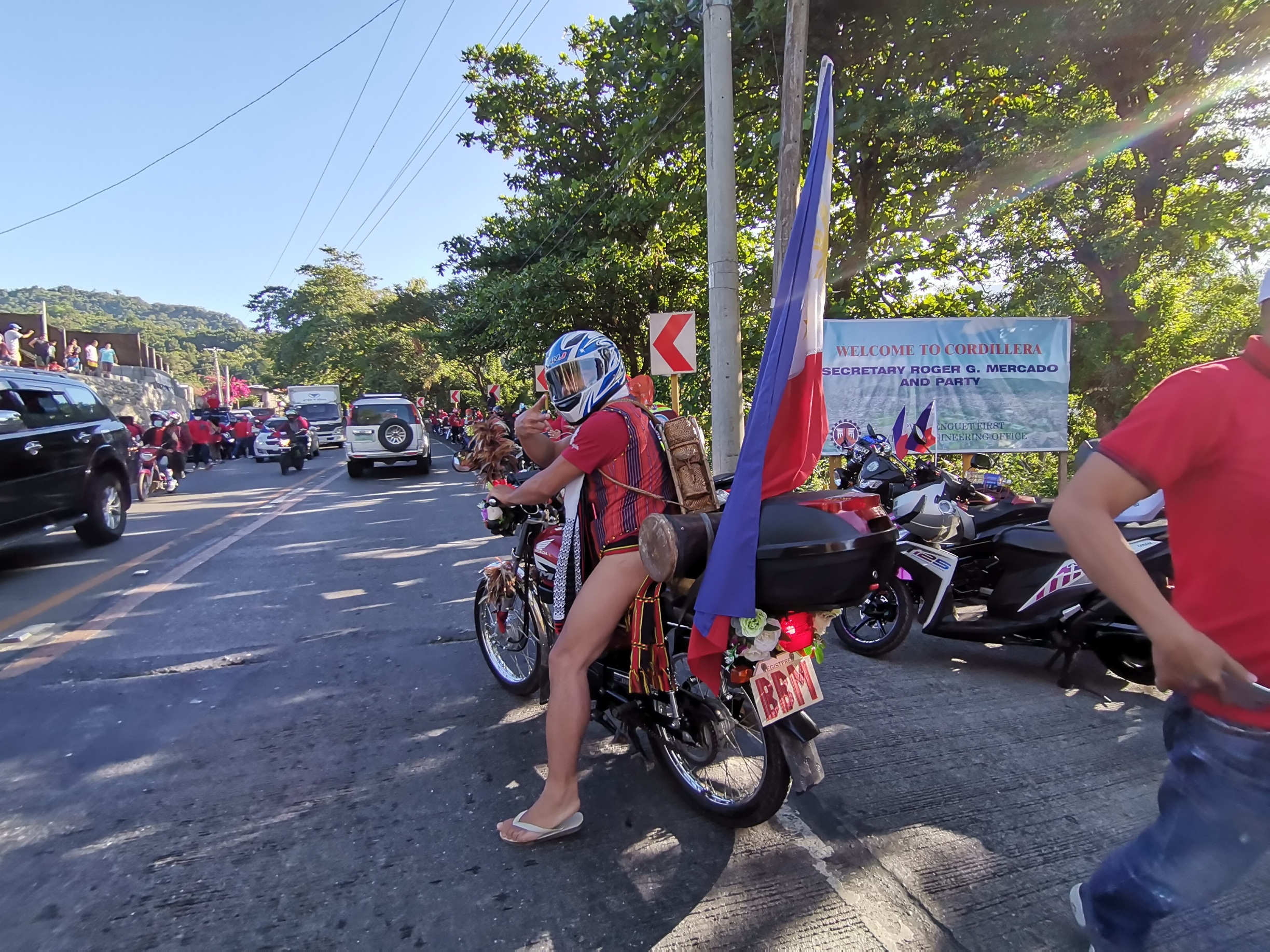BAGUIO Mayor Benjamin Magalong is looking to steer the direction of the city’s anti-drug advocacies and efforts away from its previous approach towards a more proactive “demand reduction” approach.
“Things have changed, we have a new environment considering the fact that we have practically, significantly reduced our drug-affected barangays, so we need to change our approaches,” Magalong said.
Demand reduction is an approach focusing on reducing demand for illicit drugs and other substances through discouraging and preventing the initial use of drugs, intervening early with occasional or non-dependent drug users, and treating the adverse health and social consequences of dependency through treatment, rehabilitation, and aftercare programs, rather than the traditional approach of focusing on drug criminalization and penalization.
Magalong said that in order to properly refocus the approach to better suit a largely drug-free Baguio by focusing on prevention, the city is coordinating with international experts, in particular a coalition in the United States..
“We were able to gather and get insight on the new approaches on drugs, especially on demand reduction. That’s the reason why, prior to my travel, I decided to hold in abeyance the strategic planning on our anti-drugs campaign for 2024, because we would like to get new ideas, new concepts,” Magalong said.
The idea of international support was broached by Dr. Raquel Tolentino, in-country coordinator of the Community Anti-Drug Abuse Coalition, part of the Association of Anti-Drug Abuse Coalitions of the Philippines Incorporated, which is partly funded and supported by the Community Anti Drug Coalition of America (CADCA).
As part of the same visit, Magalong also secured aid for the city’s local drug councils in the initial steps to transitioning to the new approach, which will be expanded in scope once the strategic planning for the 2024 anti-drug effort is concluded with the new input from the CADCA and other experts.
As part of the cooperation effort, the coalitions will provide capacity building training to members of the city’s Anti-Drug Abuse Councils (ADAC)s and its smaller councils at the barangay level.
Not only will the partnership benefit the local ADACs in the city, Magalong said that the expertise of the CADCA will help transition the city into a more proactive, more preventive anti-drug approach.
This is more appropriate with the city’s situation, Magalong said.
Baguio City has a less than three percent drug-affected barangay rate as of the start of the year.










